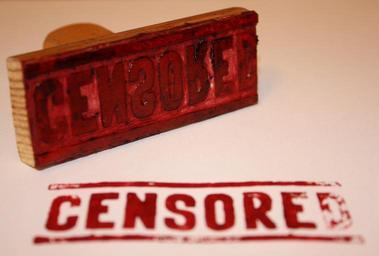The witch hunt: (self)censorship in the second half of the Croatian twentieth century
DOI:
https://doi.org/10.13133/2532-1994/18484Keywords:
#jugoslavia, #autocensura, #femminismo, #stregheAbstract
Literature has traditionally been considered one of the fundamental elements in both the construction and preservation of national identity, and the writer as 'prophet', in the role of poet-valate, is the spokesperson for this identity. Dealing with the national literatures that arose with the dissolution of Yugoslavia, in this sense, presents some critical issues that particularly concern the category of the writer, who is tied inseparably to the explicit ideological and nationalist demands promoted by the state.
In the 1990s, the Croatian press promoted policies of national unity, hoping that intellectuals would also share them, which, instead, were bitterly contested, especially by some prominent figures. This essay aims to investigate how the article by Slaven Letica, a well-known Croatian publicist, entitled Hrvatske feministice siluju Hrvatsku! and published in one of the leading newspapers of the time, led five established Yugoslav women writers and journalists, known as 'The Witches of Rio', to self-censor and choose the path of exile. This article has in fact gone down in history as the most controversial text in Croatian journalism. From these positions, we intend to focus specifically on the case of the author Dubravka Ugrešić (1949-2023), one of the most authoritative and profound voices, recognised as such in the European literary and intellectual landscape.
Downloads
Published
How to Cite
Issue
Section
License
Copyright (c) 2024 Transnational 20th Century. Literatures, arts and cultures

This work is licensed under a Creative Commons Attribution 3.0 Unported License.

Except where otherwise noted, the content of this site is licensed under a Creative Commons Attribution 3.0 Unported License.


